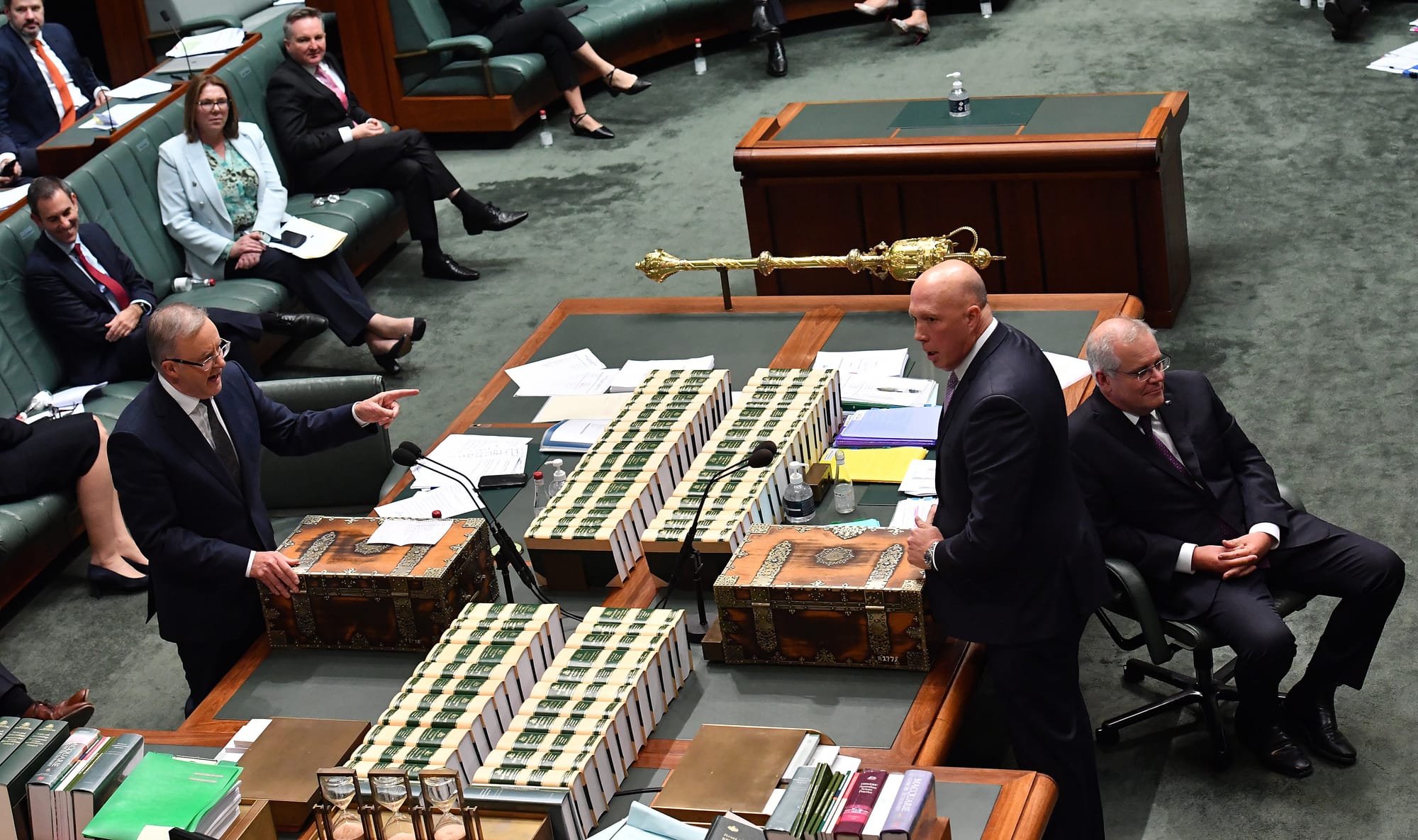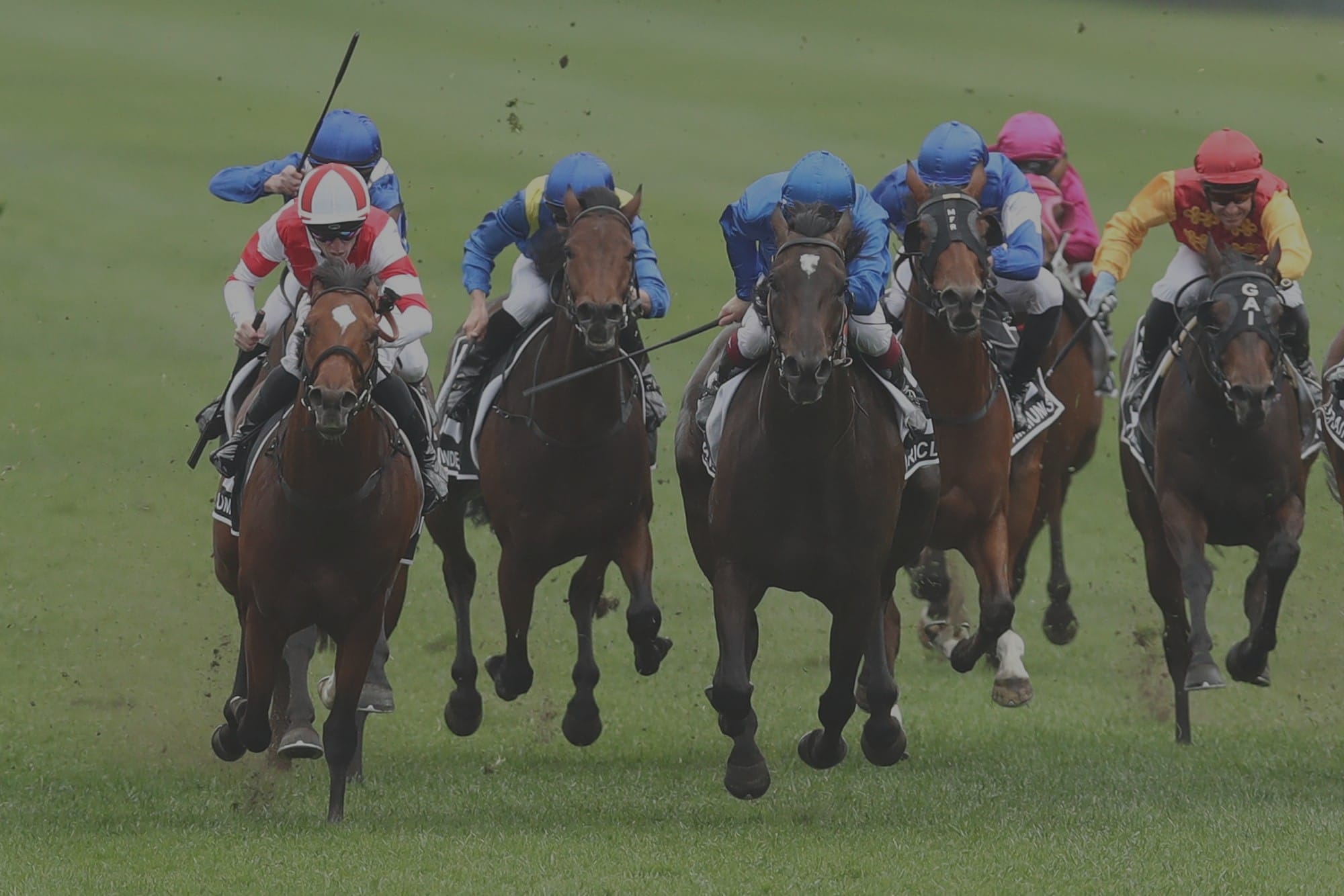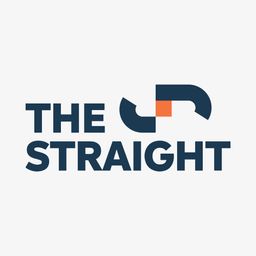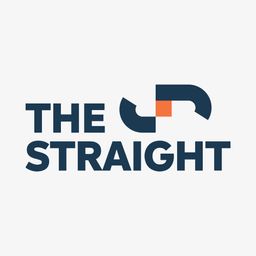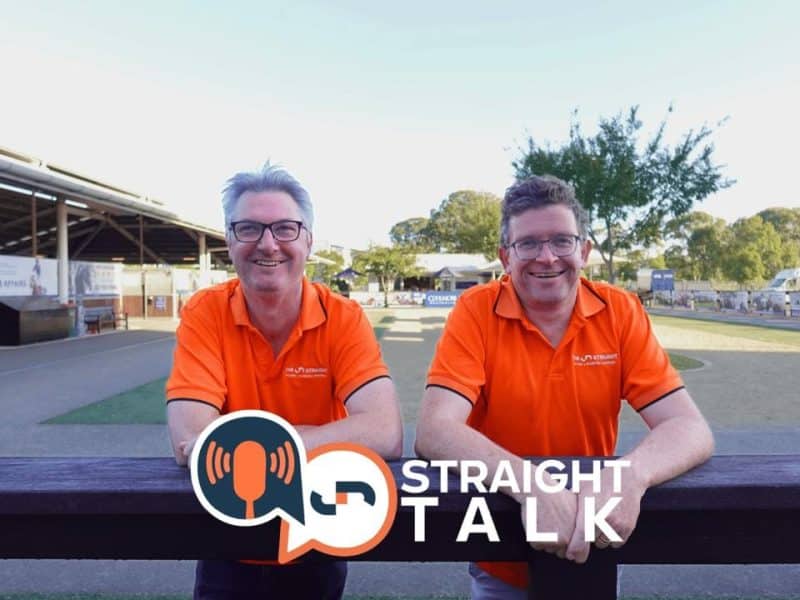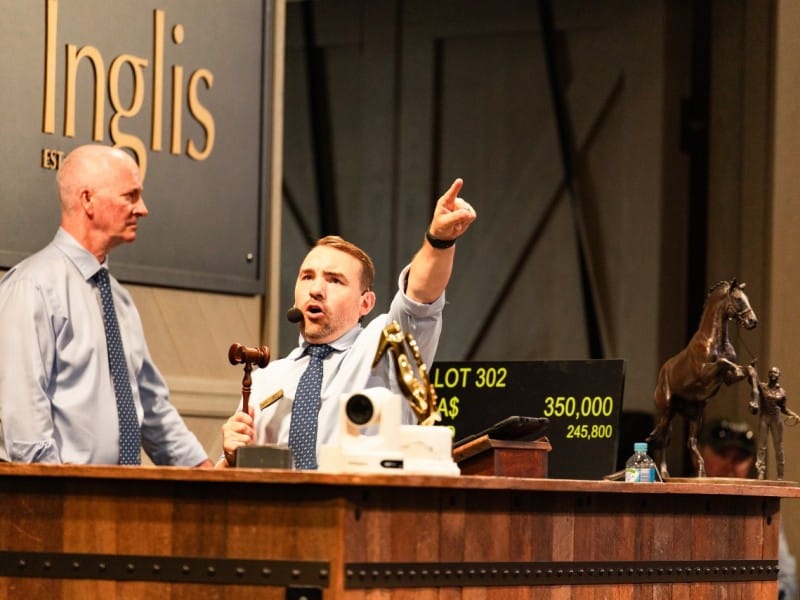Gambling ad reform delay set to be centre stage in federal election year
Restrictions on gambling advertising are set to become a major federal government election issue after the Albanese government conceded it had run out of time to put its proposed reforms before parliament this year.
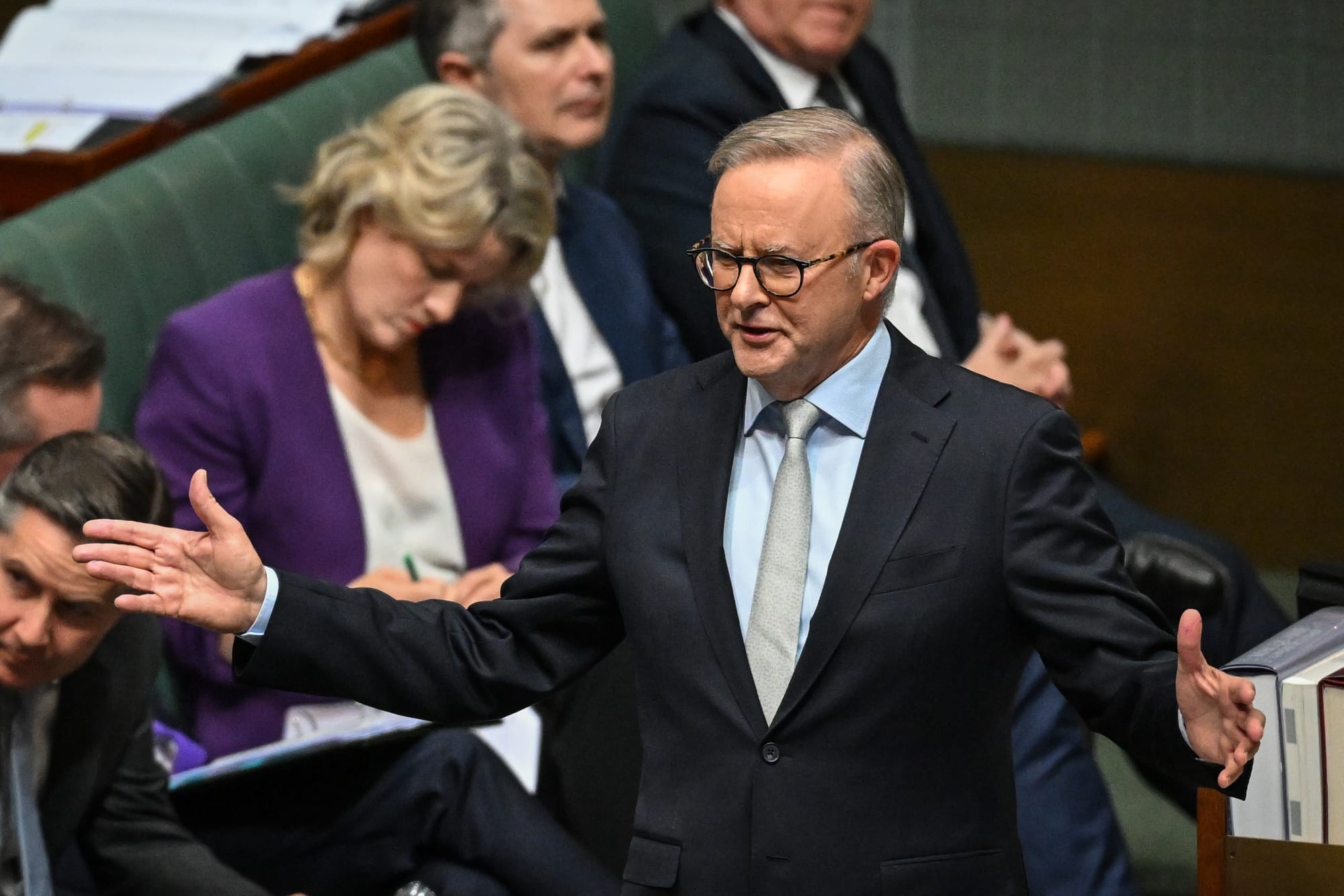
Eighteen months after the bipartisan You Win Some, You Lose More parliamentary report made 31 recommendations for federal gambling reform, Communications Minister Michelle Rowland has still yet to put any Bill before parliament.
An initial policy was taken to the Labor Party room in August, while there has been extensive consultation with stakeholders in the months since
Among the details to be leaked on the proposed bill are a restriction to two betting ads per hour on television between 6am and 10pm, no betting ads for an hour around live sport on television and a complete ban on ads on social media and non-racing websites. Newspapers would likely be exempt.
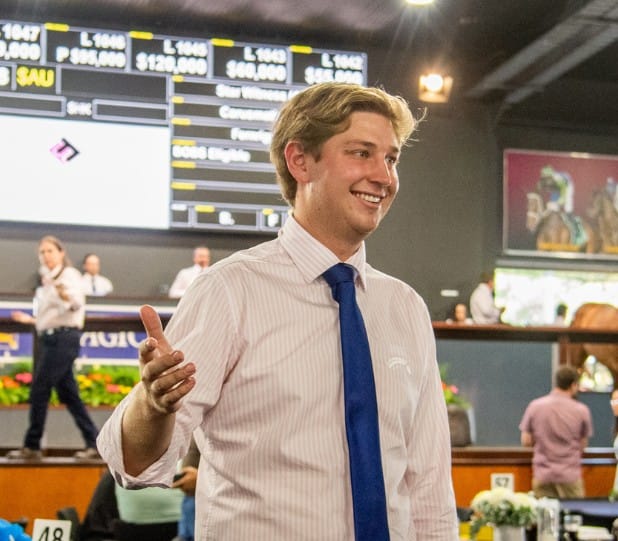
RACING INDUSTRY GRADUATE PROGRAM
Your chance to work with Gai Waterhouse, Ladbrokes, Racing Victoria, Inglis and Magic Millions
But Workplace Relations Minister Murray Watt said the government had run out of time to put its Bill before parliament this year, pushing any reform into 2025, with a federal election to be held by May at the latest.
“This is a very difficult and complex piece of work that simply cannot be finalised in the remaining week that we have of parliament this year,” Watt told reporters.
“There’s an awful lot on the government’s agenda to pass this week – cost of living, support, housing relief, a range of bills to keep Australians safe, including our social media reforms – that’s going to be our focus as we continue to consult on the gambling reforms.”
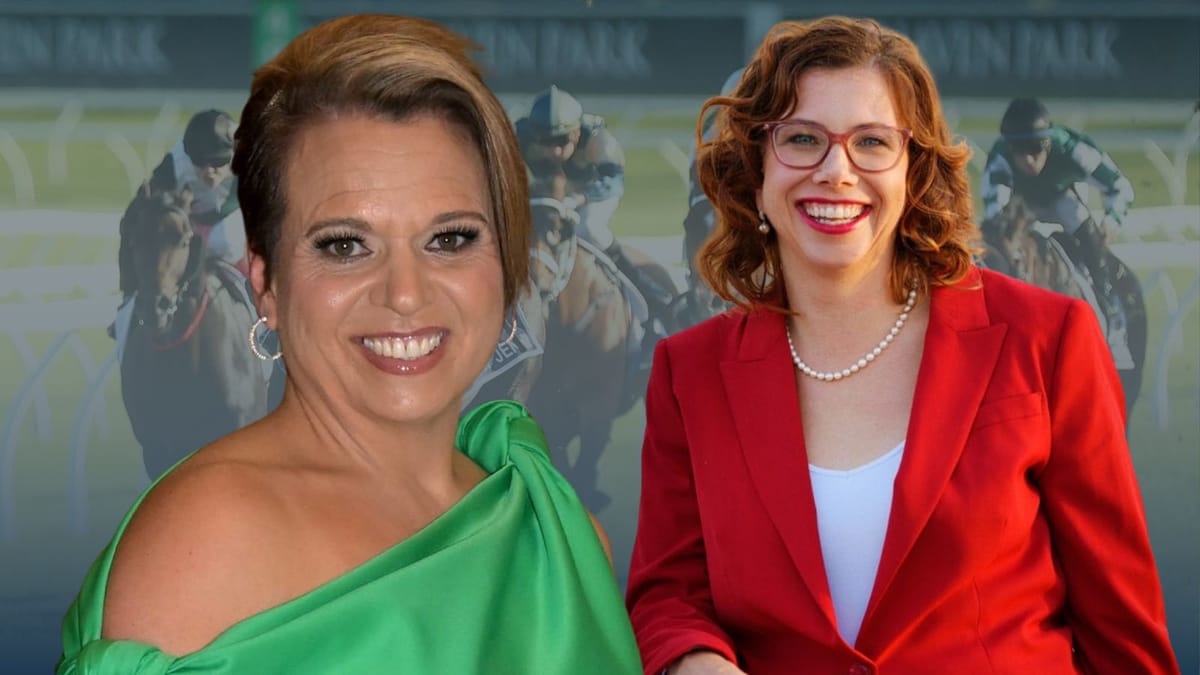
The reform bill could go before parliament in February, but that would depend on when the Prime Minister calls the election.
It is also not likely to include aspects such as whether bookmakers can continue to offer inducements, stadium naming rights and in-ground sponsorship, with those issues to be determined through a later round of reform being considered by Social Services Minister Amanda Rishworth.
Any gambling advertising reform is expected to be hotly debated in parliament, with the crossbench demanding the reforms go much further along with a handful of Labor backbenchers.
It now seems highly likely that gambling advertising policy will become a key point of debate during the election campaign.
Opposition leader Peter Dutton said in 2023 that he favours greater restrictions on gambling advertising and on Sunday he described Labor’s decision not to proceed on suite of scheduled reforms as ‘a cowardly and craven capitulation’.
Greens Communications spokesperson Sarah Hanson Young re-iterated her party’s desire for a complete ban on gambling advertising on all platforms.
“We know with the parliament has been through a number of inquiries in relation to gambling, the harm that is done to Australian families every year because of gambling addiction is extraordinary,” she told the ABC on Sunday.
Similar sentiments have been expressed by teal members of the crossbench as well as by Independent MP Andrew Wilkie and Independent Senator David Pocock.
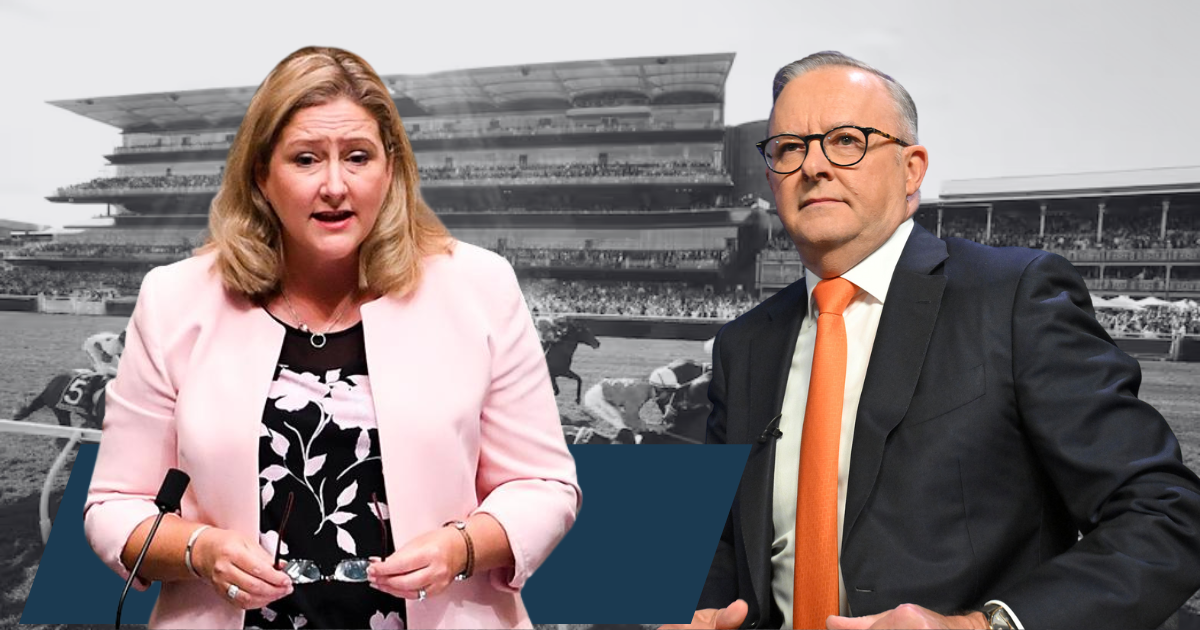
The election puts into play the possibility of a minority government, either Labor or LNP, needing to work with the crossbench to govern.
However, wagering companies, media companies and racing and sports bodies have all said that a total ban would prove commercially disastrous.
WSPs have estimated the annual cost to the racing industry could be in the realms of $300 million a year should a blanket ban be put in place. Even if there is a carve out for racing media, the impact is likely to be significant, during a time where wagering turnover on racing is declining.
Gambling companies have already scaled back spending on advertising, with the Australian Financial Review reporting in October that it had halved from a peak of $300 million in 2022 to $150 million over the past 12 months.
The prospect of advertising bans has also divided the wagering industry, with those willing to read the broader public mood and take a backward step in their advertising frustrated by those companies who seem intent on a pursuing a saturation marketing model.
